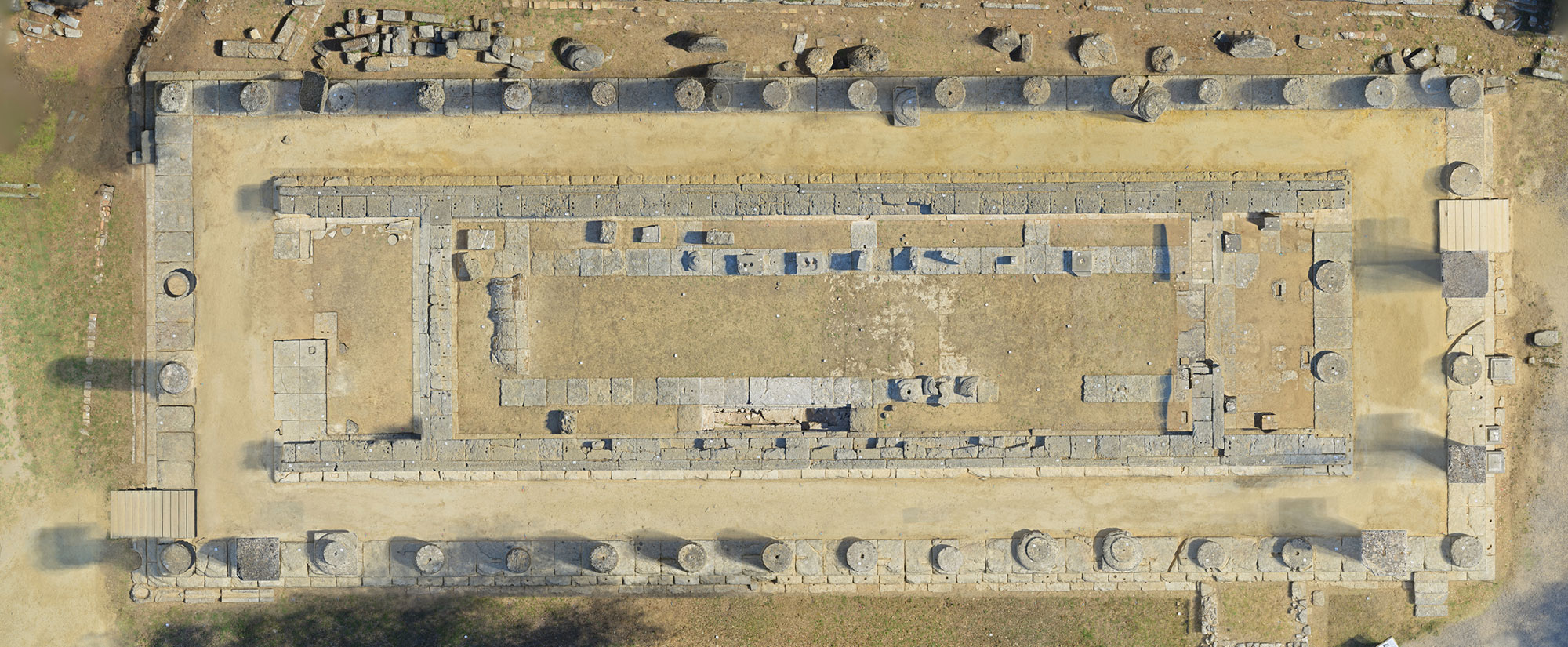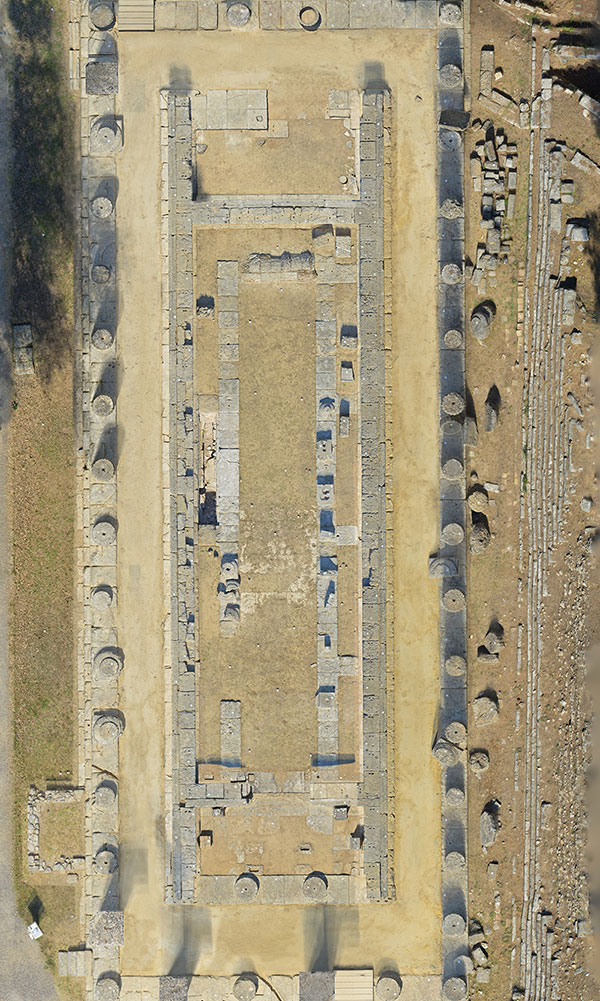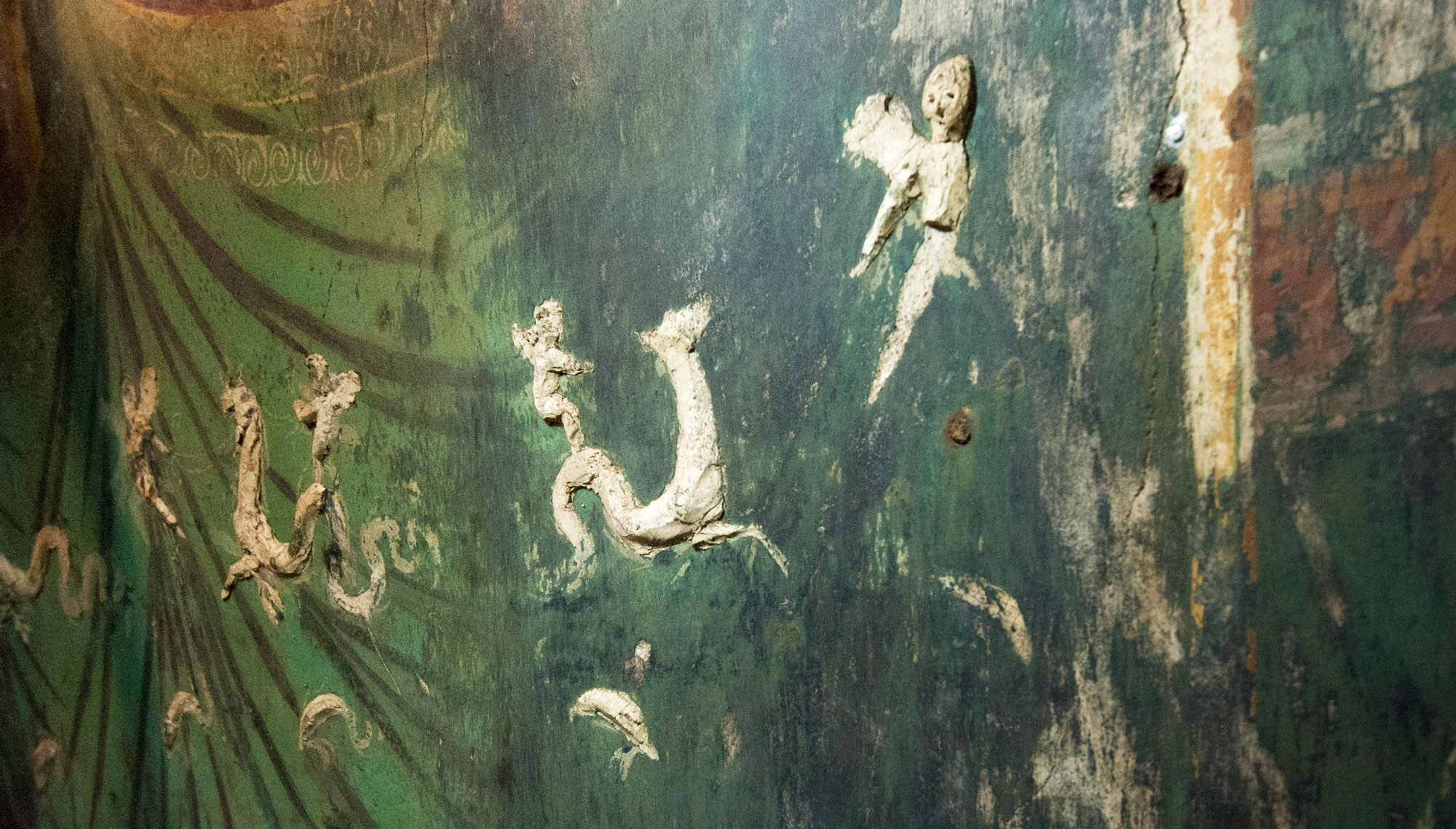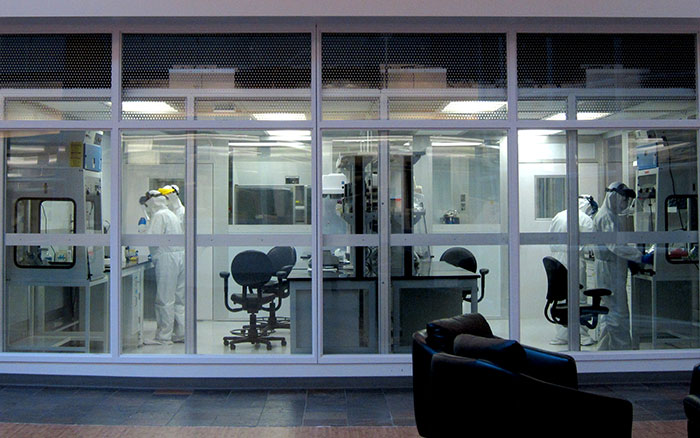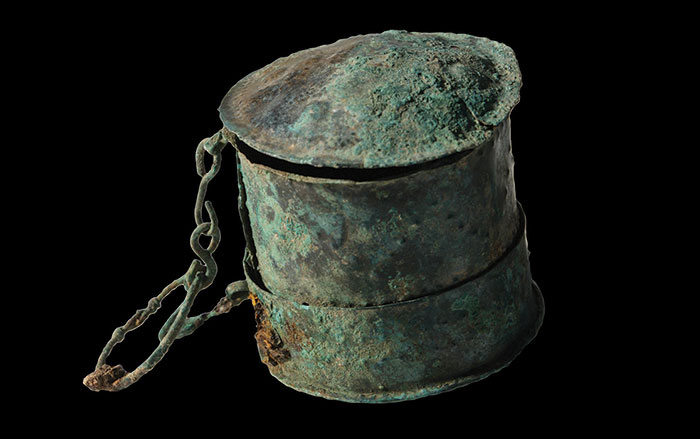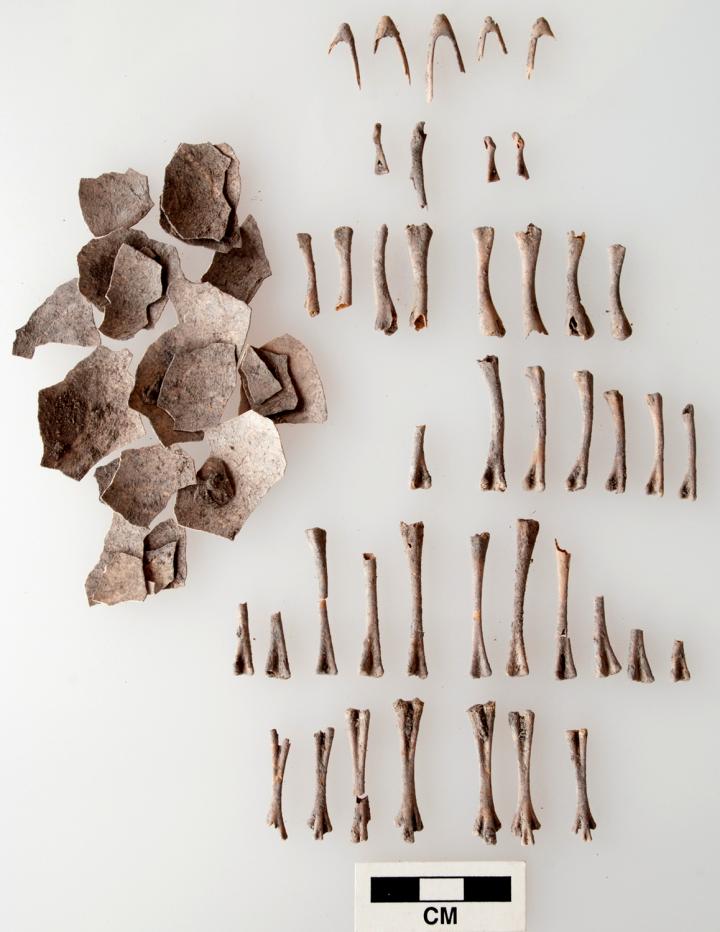
CHICAGO, ILLINOIS—Live Science reports that the remains of domesticated adult and juvenile turkeys; whole, unhatched eggs; and eggshell fragments have been found in two residential structures dating to between A.D. 300 and 1200 at a Zapotec site known as Mitla Fortress in Oaxaca, Mexico. Researchers from Chicago’s Field Museum and the University of North Carolina at Chapel Hill say the turkeys were used for food and in domestic rituals. Archaeologist Heather Lapham of the University of North Carolina uncovered five intact eggs alongside the remains of seven turkey hatchlings that are thought to have been left as an offering. The remains of adult turkeys were found nearby. In addition to the two houses, the team unearthed a grave containing three turkey skeletons, and two obsidian blades that may have been used to slaughter them. Turkey bones were also used to make tools and jewelry. Today, the Zapotec people prepare meat from animals introduced by the Spanish, such as chickens, cows, and pigs, but they prepare turkeys for special events such as birthdays, baptisms, weddings, and religious festivals. For more, go to “Zapotec Power Rites.”






